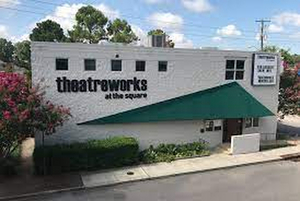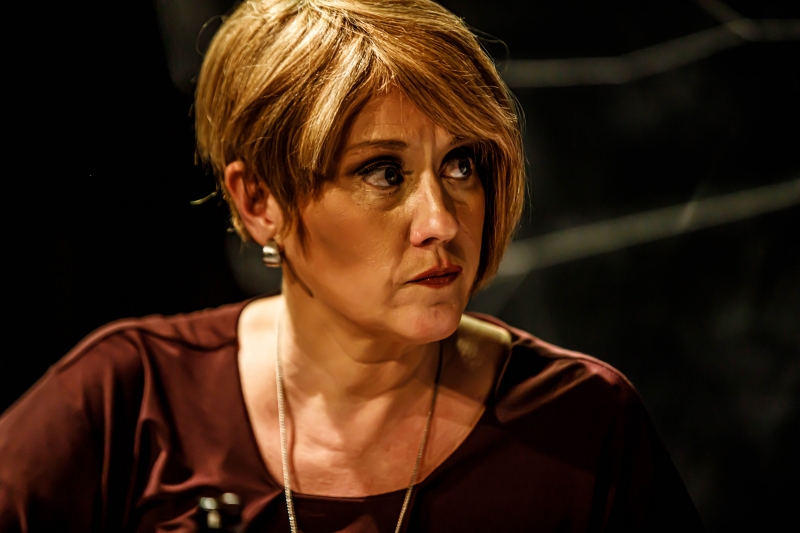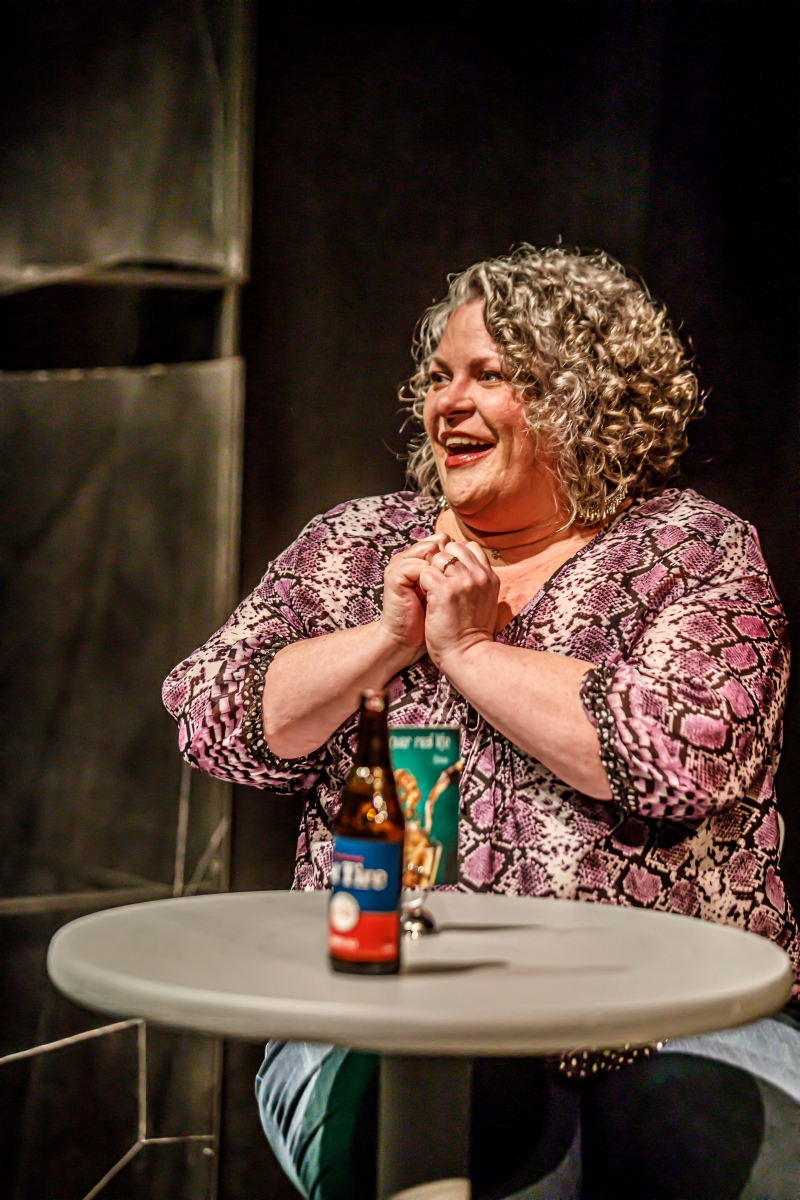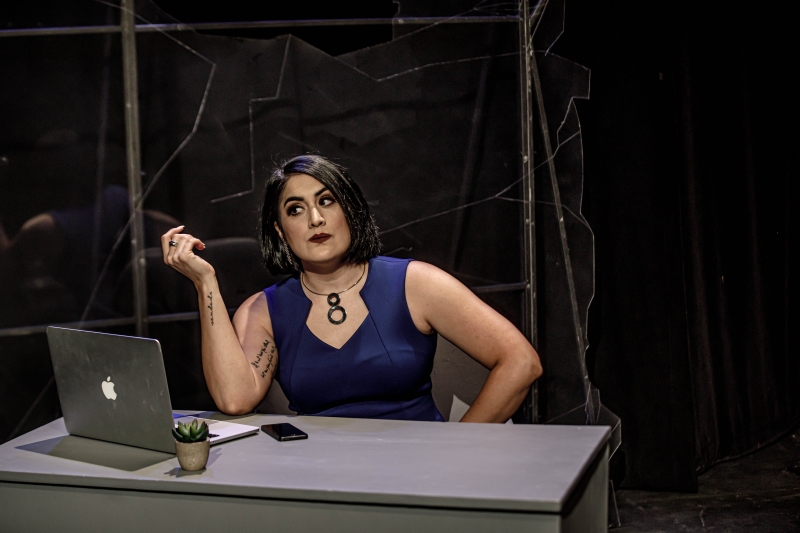
I think it's time I came out of the closet. I've lived in the shadows for years and only a few of my closest friends know the truth. After hiding and wallowing in deep shame for far too long, I'm ready to admit I'm an addict. That's right-a reality TV addict. I know. I know. I can already feel your judgmental disdain from miles away, but I can't help myself! Whether it's watching Colton jump the fence for his love on "The Bachelor" or Richard walking around camp naked no matter how many people it upset on "Survivor," I need these "reality shows" in my life to escape my own personal "reality." These reality shows aren't really real, you say? How dare you! My "Love Island" app on my phone says they're real! Well, here's the truth. I don't care! I'm not seeking truth. I'm seeking escape and I'll take it any way I can get it! Lest you continue to judge, he who is without alcohol, drugs, cigarettes, food, sex, or lottery tickets, may throw the first stone. We all find ways to escape. Reality sucks.
The debate whether perception supersedes, much less matches reality is on display in a new production that opened this past weekend at TheatreWorks. Playhouse on the Square has a new play competition in which playwrights submit their original pieces in the hopes of winning and having their work professionally produced. The latest winner is IVANKA VS. REALITY, written by Lucy Wright and William Missouri Downs (now playing through July 25th). The story chronicles an aging female screenwriter named Sylvia whose career is in free fall due to committing the unpardonable sins of aging and reporting a sexual assault ("before it was vogue to do so"). In a desperate attempt to save her career, she agrees to meet with a small-town waitress named Ivanka Trumper (okay...) to write the screenplay of her daughter's successful lung transplant surgery. Ivanka believes though that the truth of her story isn't as dramatic as it could be and insists the retelling be filled with even higher drama and darker tragedy. Sylvia, who's personally dealing with enough parental drama of her own, must decipher how much reality is too much reality-for herself and Ivanka.
While it's wholly admirable that Playhouse on the Square offers playwrights the opportunity to see their words come to life on the stage, it would appear that the "workshopping" aspect of a new script is missing. Whereas many playwrights can sit with the director and cast and offer rewrites in real time rehearsals, the POTS new play series seems to simply offer "locked" scripts that don't afford opportunities to make obviously needed adjustments before presenting to a paying audience. As long as everyone (cast, crew, and audience) fully understands this process though, grace should prevail.
Having said that, this supposed first iteration of IVANKA VS. REALITY is off to a rocky start. Based on a quotation from the real-life Ivanka Trump ("Perception is more important than reality. If someone perceives something to be true, it is more important than if it is in fact true"), I'm guessing playwrights Wright and Downs are trying to explore the veracity of such when it comes to our entertainment and everyday life. It's a lofty concept worth exploring, but this vehicle doesn't measure up to the philosophical hypothesis being offered. I'd also go out on a limb to say that basing intellectually stimulating art on a quote from member of the Trump family is just asking for trouble.
Tonally, this is a play searching for a genre. Is it a drama with comedic elements? Is it a comedy with dramatic elements? It's hard to tell because it's not very dramatic or very funny. Is it funny or dramatic (or even believable) that Ivanka would choose to be in California pushing for screenplay rewrites while her daughter is on life support back in Ohio with plans to be extubated in couple of days? Is it funny or dramatic that Sylvia's suicidal son is so mentally ill that he believes he's actually killing members of the Taliban through his video game? Is it funny or dramatic that Sylvia's agent (Victoria) implores her to ignore the next man she might see masturbating in a public elevator so that they can deliver a successful screenplay and earn some dough? These questions aren't rhetorical. They need to be answered if this play is to have a future.
Director Meghan Lewis seems to have chosen to not make a choice as to how the cast should play it and the entire cast waffles between delivering broadish comedic interpretations and melodrama. Perhaps as an aside, Memphis has an array of theatrical venues and the size of the space should dictate the "size" of the performance. TheatreWorks is perhaps the most intimate stage in town wherein the actors could easily touch audience members sitting on the front row. Therefore, it calls for actors to "not act" and to instead lean in hard to realism (a la acting for the screen). Unfortunately, overt "acting" and "technique" was the order of the day and thwarted believability.

Kim Sanders as the aging screenwriter, Sylvia, delivers a somewhat one-dimensional performance as a woman juggling the trials of fake reality vs. real reality. Despite the situation, Sanders leans too heavily on a furrowed brow and handwringing to get her through. Sanders is a better actress than this novel script would allow and never has much of a chance.

Tamara Wright as the fledgling commissioner of her own life story, Ivanka, remains too upbeat and perky for a woman whose family life is falling apart. Her desire to have an even more tragic ending written for her daughter's already tragic life rings hollow through her chipper, "can do" attitude.

Will Graber plays Sylvia's son, Zeke-a young man mentally breaking down. Perhaps in an attempt to pump up the challenges of the script, Graber tries too hard (especially in such an intimate space) to display angst, fear, and desperation in a delivery that, unfortunately, never lets you forget he's acting.

Only Jaclyn Suffel, as Sylvia's agent Victoria, wrestles the most out of the lines she has to work with. She successfully glides through a wide range of "fake" emotions that actually work for a character whose life in Hollywood depends on faking it. She's the only character written with the license to be insincere and is able to garner the most intended laughs.
The overall production values are fine for a theatre staff emerging from a 16-month pandemic-inspired hiatus. The stage design reflects a large, shattered glass backdrop which I'm guessing is a metaphor for the fragility of perception, but, just like the overall script, may be an attempt at finding a meaning that isn't really there.
IVANKA VS. REALITY works as a first, rough draft, I guess. "Perception is indeed 9/10ths of the law," but using this specific play as the engine to explore a paradigm of human nature seems ill-conceived. Again, there isn't much in the way of laughs, pathos, or insight, but this is probably just the beginning of a playwright's journey. In time, if Wright and Downs continue to workshop this script over the next few years, the reality of its impact on audiences may one day "trump" this viewer's current perception.
Reader Reviews

Videos

